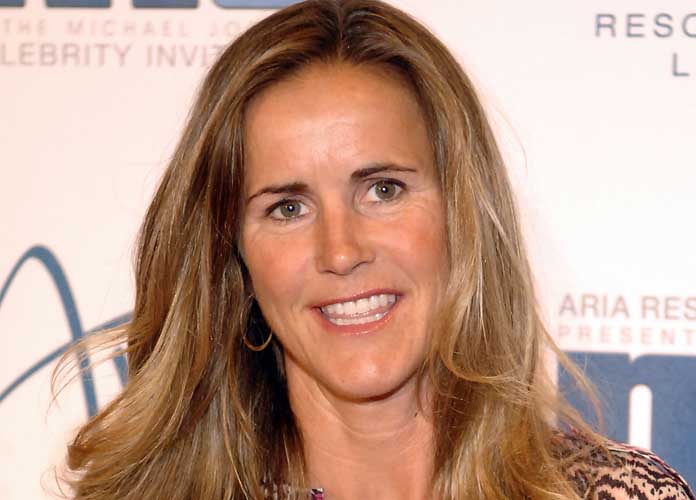Brandi Chastain Will Donate Brain To Concussion Research
Brandi Chastain, whose celebratory gesture of ripping off her shirt after her penalty kick awarded her team the win at the 1999 Women’s World Cup became the symbol for success in women’s sports, has announced that she has decided to donate her brain after her death to the Concussion Legacy Foundation. By doing this she is allowing the renowned Boston University CTE program to study her brain.
CTE stands for Chronic Traumatic Encephalopathy, a degenerative brain disease that is believed to be linked to concussions but has never been able to be diagnosed in a living person. The disease can result in memory loss, rage, and mood swings (similar to the symptoms of Alzheimers).
Chastain says that she suffered two concussions while playing soccer in college but experienced no severe side effects. Occasionally she “saw stars” while she was playing, but she “did what we all used to do and shook it off.” She has experienced no signs of degenerative brain disease.
“I never had an official diagnosis of a concussion in my career,” she said, “but as you grow older, you sometimes say, gosh, am I losing my memory or did I used to forget when I went in a room what I went in there for? Could this be the start of something?”
Chastain has long showed interest in protecting players from concussions. She is a vocal advocate of the Safer Soccer initiative, which seeks to prevent players under the age of 14 from heading the ball as a 2013 study found that players who frequently headed the ball have brain abnormalities similar to people who suffer concussions.
Of the 307 brains that have been donated to the Boston University School of Medicine and the Department of Veteran’s Affairs collaborative brain bank, only seven have been women, so it is very noteworthy that Chastain, as a woman, is donating her brain at all.
“A question I have is, do men’s and women’s brains look and respond differently,” said Chastain. “I’m a recovering two-time ACL reconstruction athlete. Why are ACL injuries more common in girls and women than boys and men? Could that also be true with concussions? And if true, what can we do differently?”
A 2015 Study of 100 US high schools founds that girls were 1.5 times more likely to receive a concussion than boys. Ann McKee, the director of the BU CTE Program, also agreed about the significance of Chastain’s questions.
“We currently know so little about how gender influences outcome after trauma,” she said. “Her pledge marks an important step to expand our knowledge in this critical area.”
Chastain told the New York Times, “People talk about what the ’99 group did for women’s soccer. They say, ‘Oh you left a legacy for the next generation.’ This would be a more substantial legacy.”
RELATED ARTICLES
Get the most-revealing celebrity conversations with the uInterview podcast!




 Click here for the Oscars 2016: Best Dressed Photos Slideshow
Click here for the Oscars 2016: Best Dressed Photos Slideshow



Leave a comment